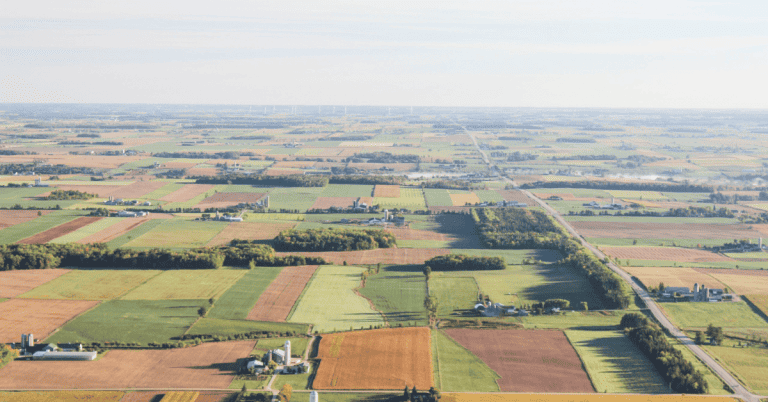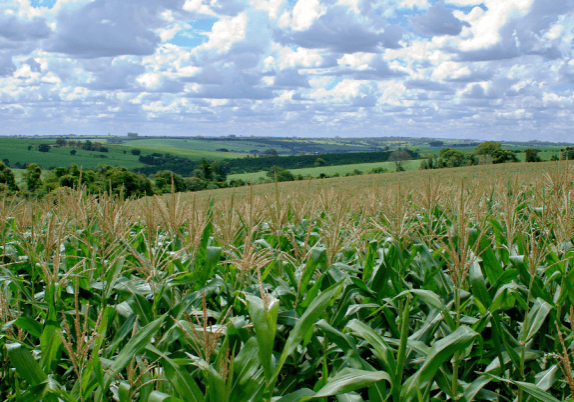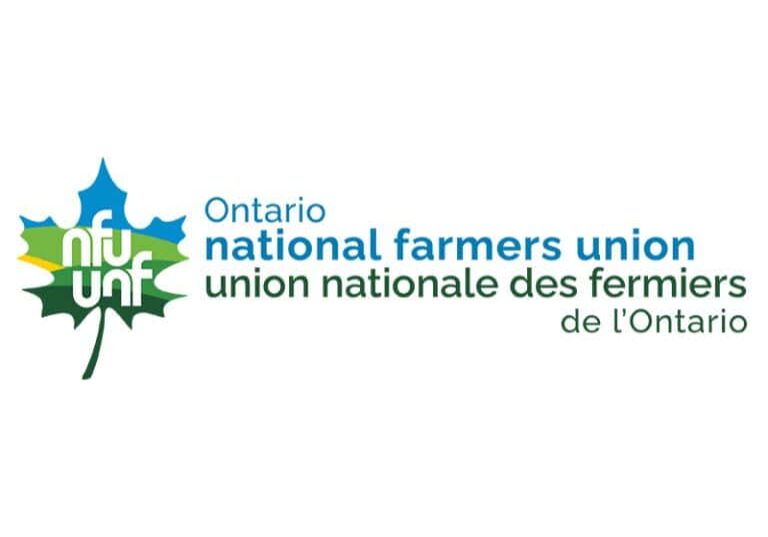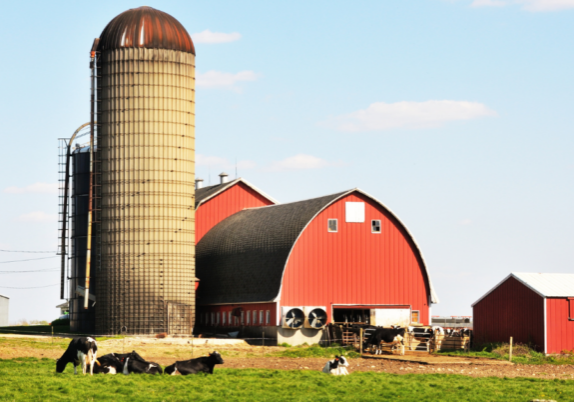Re: ERO 025-1077 Consultation on Proposed Special Economic Zones Criteria

November 14, 2025
Hon. Victor Fedeli
Ministry of Economic Development, Job Creation, and Trade
18th Floor
777 Bay St.
Toronto, ON M7A 1S5
Re: ERO 025-1077 Consultation on Proposed Special Economic Zones Criteria
Minister Fedeli,
The National Farmers Union-Ontario (NFU-O) is an accredited farm organization representing thousands of sustainable farmers in Ontario and has advocated for farmers across Ontario since 1969. NFU-O policy calls on all levels of government to enact and follow transparent planning regulations and bylaws to ensure the protection of farmland and ecologically sensitive areas from development, and to prevent the further privatization of public lands.
The Ontario Regulations to be made under the Special Economic Zones Act, 2025, Criteria for Designations raise significant concerns for the long-term protection of finite farmland and natural heritage lands in Ontario. The NFU-O is opposed to guidelines that erode protective regulations for farmland and natural heritage lands, and that diminish transparent, democratic decision- making. We stand firmly against declaring areas of Ontario “Special Economic Zones” for the sake of fast-tracking economic development. Echoing statements made in our recent media release demanding the withdrawal of Bill 5, the Special Economic Zone (SEZ) regulations must uphold democratically established standards around occupational health and safety protections, fair pay for workers, treaty rights, and protections for the ecosystems that citizens and endangered species depend on.
Geographic Boundaries
Section 1 of the Ontario Regulations to be made under the Special Economic Zones Act, 2025, Criteria for Designations provides vague language for selecting a SEZ, and gives sweeping power to the Lieutenant Governor in Council to draw arbitrary geographic boundaries for SEZ’s through Indigenous territories, agricultural, and food procurement lands. This has the potential to cause widespread negative impacts on food and farmland security in relation to soil health, water quality and availability, air quality for farm workers, and will restrict access to food procurement lands and the harvesting of uncontaminated crops and wild foods. This will override and exempt the enforcement of treaty rights outlined in Section 35 of the Constitution Act, 1982 providing explicit rights for Indigenous peoples to hunt, fish, and trap on their traditional territories, which provides a primary source of traditional, healthy food.
We recommend that the following provisions be added to the boundary regulations to bring the drafted policies and protocols into adherence with protecting farmland, food procurement practices, and treaty rights. Expropriation should not be standard procedure.
– Adhering to agricultural provisions as set out in the Provincial Planning Statement (2024), such as the requirement for an Agricultural Impact Assessment, minimum distance separation, and prime farmland protection
– Adhering to Free Prior and Informed Consent regulations as outlined in the United Nations Declaration on the Rights of Indigenous Peoples Act (2021)
– Adhering to Treaty rights outlined in Section 35 of the Constitution Act, 1982
– Adhering to Environmental Impact Assessments as outlined by the Environmental Assessment Act (1990) and the Impact Assessment Act (2019)
Trusted Proponents
Section 2 of the SEZ Draft Regulations gives the Minister of Economic Development, Job Creation and Trade sweeping powers to override environmental regulations, labour laws, human rights protections, and other public interest measures that were developed through democratic processes to prevent harms caused by unfettered industrial activities. These provisions allow for preferential treatment of selected proponents, with no required accountability of the proponent to prove they will adhere to pre-established regulations, protections, and measures.
We recommend that the SEZ regulations remove the singular power it gives to the Minister to designate based on opinion, and instead provide for a democratic process for each project, selecting proponents based on the criteria of having a proven history of adherence to and compliance with pre-established environmental regulations, labour laws, human rights protections, and other public interest measures such as:
– The Impact Assessment Act (IAA) 2019, particularly in relation to exercising the Duty to Consult, the precautionary principle, and environmental considerations
– The Species At Risk Act (SARA) 2002
– The Environmental Protection Act (1990)
– Ontario Water Resources Act (OWRA) (1990)
– Safe Drinking Water Act (SDWA) (2002)
– Clean Water Act (CWA) (2006)
– Environmental Bill of Rights (EBR) 1993)
– Fisheries Act (2019)
Designated Projects
Section 4(iii) of the SEZ Draft Regulations does not adequately provide for the Duty to Consult Indigenous communities as the language, “whether there are plans for engaging with stakeholders and Indigenous communities that may be affected by the project,” does not ensure compliance with said plans. A proponent could simply state they have a plan without following through with it, and receive a designated project result.
We recommend that language is added to this provision that ensures that Duty to Consult, Free Prior Informed Consent, and community engagement is met and outcomes are fully integrated into the scope of the project in advance of a project designation. Section 4(iv) includes language that does not provide for the various aforementioned democratically determined environmental regulations, labour laws, human rights protections, and other public interest measures. The section provides for criteria around “whether work has been done to identify potential impacts on health and the environment and whether risk mitigation strategies have been identified to deal with such impacts.” Simply identifying potential impacts and risk mitigation strategies does not ensure accountability for mitigating risks.
We recommend that language is added that ensures risk mitigation is applied in advance of the project being designated, to determine the full impact of a project before a decision is made, and achieve project results with the least negative impact.
Conclusion
As the province formulates regulations to implement the Special Economic Zones Act (2025), let it not forget that Ontario can only prosper where the rights of people, the health of ecosystems, and the rule of law is respected throughout our province. Protecting our food sovereignty is of utmost importance for the future of our economic prosperity, as it reduces our reliance on imports and everchanging global alliances. Precautionary project designation steps are crucial to ensuring long-term economic and community development benefits. Causing an increase in environmental, social, and health and safety damages will not result in long-term economic benefits to the Province.
Sincerely,
Max Hansgen
President, National Farmers Union – Ontario
Re: ERO 025-1077 Consultation on Proposed Special Economic Zones Criteria








